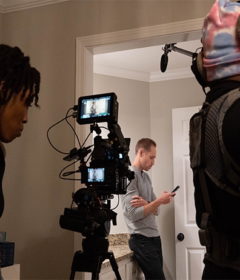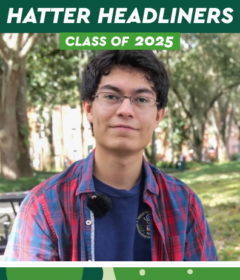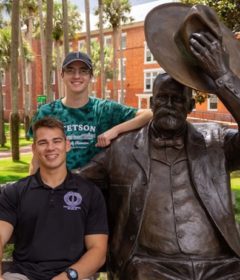Rescheduled: Holocaust Memorial Lecture moved to Spring 2023
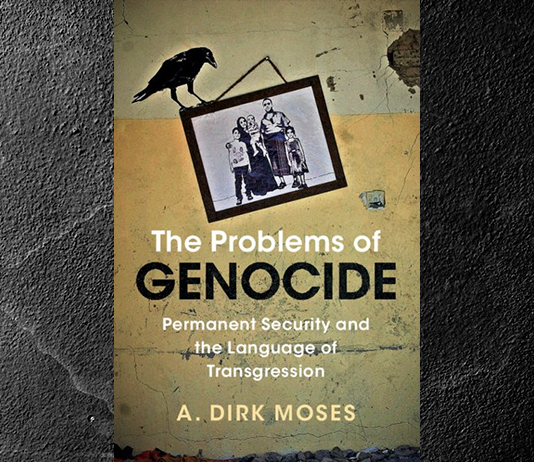
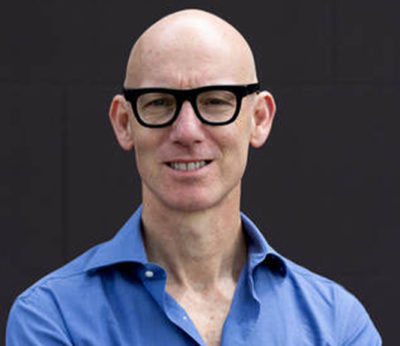
Disclaimer: Due to the impending Subtropical Storm Nicole, the Annual Holocaust Memorial Lecture originally scheduled for Thursday, Nov. 10, has been postponed until Spring 2023.
Stetson University is hosting noted genocide studies scholar, A. Dirk Moses, PhD, at its 2022 Fall Holocaust Memorial Lecture on Nov. 10, 7 – 9 p.m., in the Stetson Room, CUB (Carlton Union Building) in-person and via Zoom. The event is free and open to the public and will be offered as cultural credit for Stetson students.
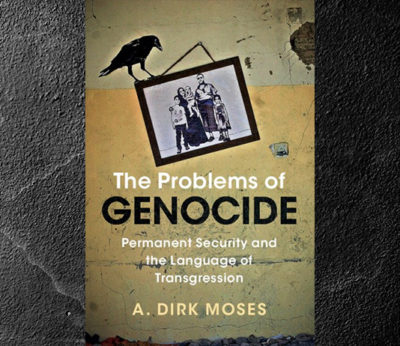
Moses’ latest book – “The Problems of Genocide: Permanent Security and the Language of Transgression” – has produced robust debate among scholars of genocide and the Holocaust on both sides of the Atlantic. Stetson is uniquely poised to host Professor Moses this Fall since, only six months ago, it hosted Steven T. Katz, PhD, Slater Professor in Jewish and Holocaust Studies at Boston University, who argues that the Holocaust was a singular event, distinct from most other cases of genocide and ethnic cleansing.
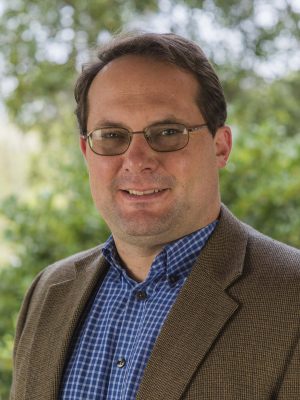
“This really allows for some great debate and discussion. Stetson is fortunate to offer these two very different perspectives on the lessons of the Holocaust at a time when accusations of ethnic cleansing and demands for political and military intervention by the international community, often drawing comparisons to the Holocaust, are ongoing,” explained Eric Kurlander, PhD, William R. Kenan Jr. Professor of History and director of Jewish Studies at Stetson.
Moses believes that it’s important to emphasize characteristics of the Holocaust that are shared with other cases of genocide and ethnic cleansing, such as racism, colonialism and national (“permanent”) security. He describes problems in the way genocide is defined – and the flaws in the regime of international law based on those definitions – and how it continues to this day in the ways that many states may or may not intervene in places like Syria, Ukraine and the West Bank.
“Dr. Moses’ publications have nonetheless stirred controversy with German and American scholars, including Dr. Katz, who believe it’s important historically and philosophically to differentiate between the Holocaust and other crimes against humanity,” explained Kurlander. “It’s an important debate with real world implications and we are hosting these lectures at a most apropos time.”
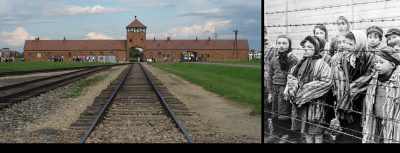
Moses’ lecture titled, “Remembering Genocide between East and West, North and South,” examines invocations of the Holocaust and genocide in current domestic and international conflicts. What is the function of making Holocaust analogies and claiming that genocide is taking place? Why are they the “crime of crimes” rather than, say, crimes against humanity? His lecture at Stetson will analyze the global moral and criminal vocabulary to explore its insights and deficiencies.
Moses is the Anne and Bernard Spitzer Professor of Political Science at The City College of New York. His visit to Stetson is made possible by the Jewish Studies Program in collaboration with Hillel, School of Business, Department of History, Religious Studies, Philosophy, Russian, East European and Eurasian Studies, Honors, School of Music, School of Business and College of Arts and Sciences Dean’s Office.
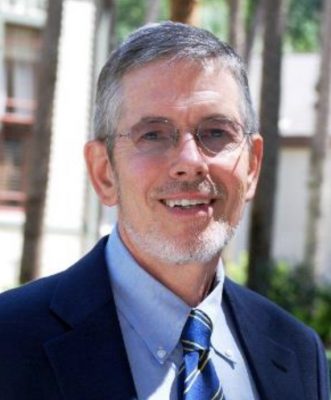
The roots of Stetson’s annual Holocaust Memorial Lecture date back to 2008 when Professor Emeritus Grady Ballenger, PhD, then dean of the College of Arts and Sciences, contacted the U.S. Holocaust Memorial Museum in Washington, D.C., to seek their help in bringing Holocaust lecturers to Stetson.
Soon after, the Bernard Weiner Memorial Holocaust Lecture was founded at Stetson and funded for many years by Dr. Sy Weiner of DeLand to honor the life and work of his late brother Bernard Weiner. The lecture series, which has brought in leading Holocaust scholars, such as Christopher Browning, Marion Kaplan, Jan Gross, Mark Roseman and Atina Grossman became biennial shortly before Sy Weiner’s death in 2020, with most of the funding now provided by Stetson Hillel.
Participants should register to attend. Undergraduate students can RSVP to receive cultural credit.
-Trish Wieland

